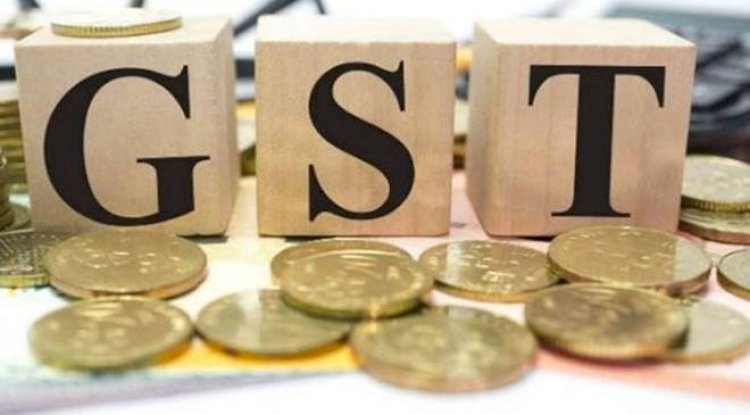HOW TO ADJUST CAPITAL GAINS AGAINST CAPITAL LOSSES IN ITR

The first step in how to calculate long-term capital gains tax is generally to find the difference between what you paid for your property and how much you sold it for—adjusting for commissions or fees. Depending on your income level, your capital gain will be taxed federally at either 0%, 15% or 20%
How to Figure Long-Term Capital Gains Tax
Let’s take a closer look at the details for calculating long-term capital gains tax. Keep in mind, the capital gain rates mentioned above are for assets held for more than one year. If you realize a profit on assets held one year or less (short-term capital gain), these will be taxed as ordinary income. Also, gains on some types of sales, such as rental real estate and collectibles, may be taxed at different rates.
- Determine your basis. This is generally the purchase price plus any commissions or fees paid. Basis may also be increased by reinvested dividends on stocks and other factors.
- Determine your realized amount. This is the sale price minus any commissions or fees paid.
- Subtract your basis (what you paid) from the realized amount (how much you sold it for) to determine the difference.
- If you sold your assets for more than you paid, you have a capital gain.
- If you sold your assets for less than you paid, you have a capital loss. Learn how you can use capital losses to offset capital gains.
Determine Your Long-Term Capital Gains Rate
How to Calculate Capital Gains
Capital gains are the profits accrued through the sale of capital assets. The 2 types of capital gains are long-term and short-term. Long-term capital assets are those held for 36 months or more, while short-term assets are held for a shorter duration.arise when you sell capital asset for an amount that is more than what you paid for it. Capital assets are any investment products like mutual funds, stocks, or any real estate product like land, house, etc. An increase in the value of any of these when you sell them is termed as a capital gain. Similarly, a capital loss is suffered in case there is a decrease in the value of an asset for its purchase price.
Tax on Capital Gains
Calculation of tax is dependent upon the type of capital gain.
- Calculation of tax on short-term capital gains is simpler than that on long-term gains. For short-term gains, the gain is added to the total income and then the Income Tax is calculated based on the tax bracket that you fall in.
- Calculation of tax on long-term capital gains is a slightly trickier business. Since long-term capital assets are held for longer periods, inflation also factors in while computing tax on long-term capital gains.
Capital Gains Calculator
Calculating capital gains tax can be done using one of the online tools designed for the purpose. When calculating capital gains tax using a calculator, the following information is to be entered:
- Sale price.
- Purchase price.
- Details of the purchase such as the date, month and year of the purchase.
- Sale details such as the date, month and year of sale.
- Investment details, if any. The capital gains could have been invested in shares, debt funds, equity funds, real estate, gold or fixed maturity plans.
Once you have entered the information, the following details will be generated towards the calculation of your capital gains payable:
- The type of investment.
- Type of gain (whether short or long-term).
- Cost inflation index of the year of purchase.
- Cost inflation index of the year of sale.
- Difference between the purchase price and sale price.
- Time between the purchase and sale.
- Purchased index cost.
- Long-term capital gain without indexation.
- Long-term capital gain with indexation.
The federal tax rate for your long-term capital gains are taxed depends on where your income falls in relation to three cut-off point
In most cases, you’ll use your purchase and sale information to complete Form 8949 so you can report your gains and losses on Schedule D. See Schedule D instructions for more information.
Have additional questions about how to calculate capital gains tax? Our Tax Pros know the ins and outs of taxes and are dedicated to helping you better understand your return
What's Your Reaction?





















